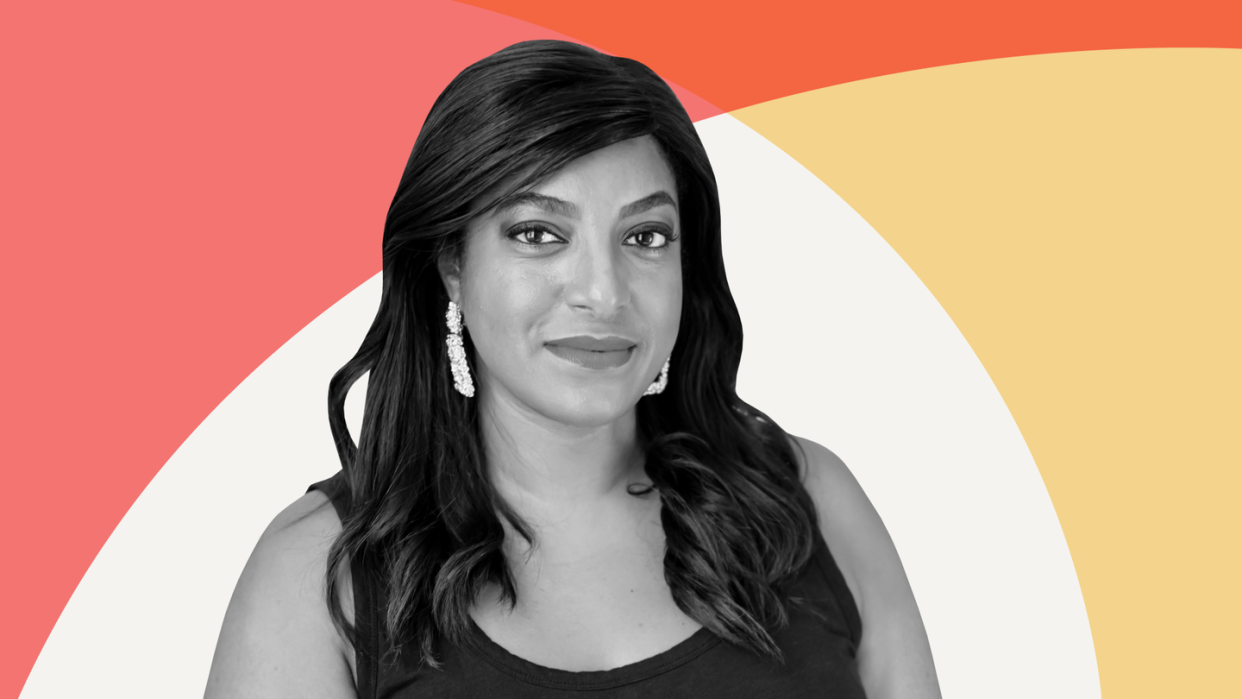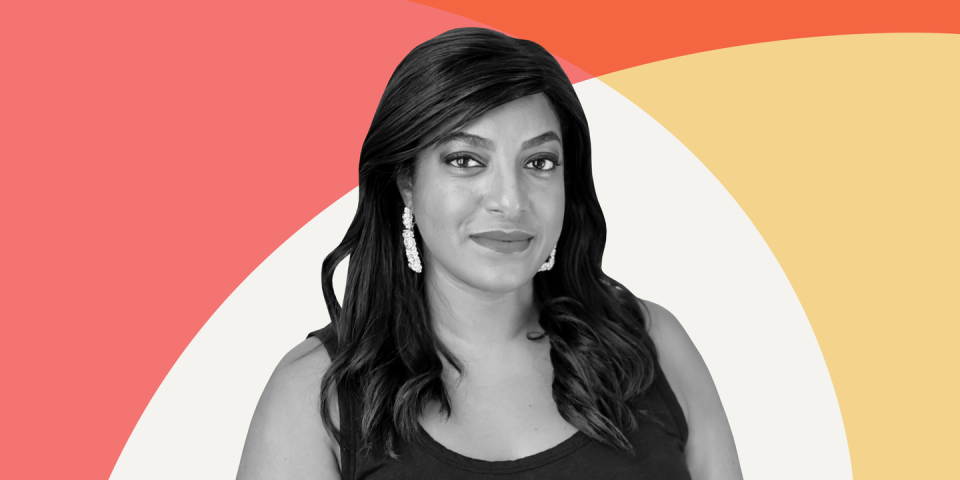A Doula in Your Pocket

"Hearst Magazines and Yahoo may earn commission or revenue on some items through these links."


After a string of miscarriages left her reeling, Simmone Taitt left her high-flying tech job to train as a doula. Taitt had worked in sales for several wellness and luxury start-ups before setting up a boutique consultancy agency, HeartSpace NY. Three years after training as a doula, the Massachusetts native founded Poppy Seed Health to support other women through loss, pregnancy, and postpartum (especially in rural healthcare deserts across the country). As a woman of color, Taitt is also acutely aware of the the ongoing Black maternal mortality crisis and has built a space where the majority of advocates are BIPOC and all receive anti-racism training. Today, the platform connects thousands of women with doulas, midwives, and nurses who offer emotional, mental, and physical health support throughout all kinds of birthing experiences. Here’s how she got it off the ground.
Taitt’s story
In 2016, I had my first pregnancy loss. I was deeply emotional when my doctor couldn’t find a heartbeat, but she just said, “Well, your body terminated the pregnancy.” It made me feel like there was something wrong with my body. She said, “It happens all the time; I’ll see you in a few months when you start trying again,” and left the room. And that was it—no more than a 15-minute appointment. I had no idea what the next steps were, and when I stopped by the front desk, there was no more information.
Where the idea came from
I left that appointment with no medical, emotional, or mental health support. I took it to Dr. Google and stumbled onto a doula thread on Reddit, where doulas were responding to a woman who’d suffered a loss. The way that they were responding was so kind, caring, inclusive, and loving that I really started to melt into that experience and feel so much better. The phrase that stood out to me that I wish my doctor had said to me in those moments was “This is not your fault.” I was spiraling in shame and blaming myself and my body. I decided two things that night: The first one was to become a doula myself. I had a big tech job at the time, and I didn’t know much about doulas, but I did know that they saved my life that evening. The second idea was for Poppy Seed Health. I wanted to create a platform to deliver on-demand emotional and mental health support to anyone who needed it. For those moments where you just need to get your feelings out.
The initial goal
Our goal was to build a solution that represented the full spectrum of people who are coming into their maternal healthcare journey. We wanted to deliver on-demand, real-person-in-real-time support, with doulas, midwives, and nurses responding 24-7 via text. Those people are often overlooked, but they’re built-in patient advocates.
First steps
When I became a doula in 2019, a wide spectrum of my clients—whether they had no insurance or the best health insurance money could buy—were asking the same questions, and everyone was lacking emotional and mental health support. I knew from 14 years of building successful start-ups that we needed to get close to the customer as soon as possible, to start collecting all the data points on how people really wanted something like this to work. People wanted a safe space to ask questions to fill in the blanks between doctor visits and to find a place to dump all their anxieties and feelings. We learned early on that our one-on-one chats were priceless, and people came to us for their own space, not group chats. Nothing like Poppy Seed Health existed before we built it.
The hardest moment
After nearly nine months or so of our scrappy MVP (minimum viable product), I knew that we were onto something strong. I had my first venture meeting in March 2020, and four days later, the whole world shut down because of Covid. People who were due to give birth, people who just gotten pregnant, and people who were in the throes of early postpartum were panicking. Thousands of people were coming to us for support. It actually helped us with fundraising, because it was obvious that there was not another product like Poppy Seed Health on the market—we were innovating in a space that was really a white canvas.
The moment you thought this might work
In 2020 when we were in beta, we were able to support someone in rural Arkansas who lived four hours away from the hospital. She came to us and said, “I’m in labor, but I don’t have a car. I don’t want to go to the hospital for them to just turn me away.” We supported her through the first five hours of her labor. For us, that was our shit-is-coming-together moment. Sure, we’re only a tech space. But the fact of the matter is that nearly seven million people in their reproductive healthcare years live in healthcare deserts across the country—90 miles or more from the closest doctor, hospital, or clinic. Having digital and behavioral health tools as part of the ecosystem of care is extraordinarily important, especially for this reason.
Poppy Seed Health and the Black maternal health crisis
I am a Black woman living through the healthcare system in our country every single day. There was no way that I was going to build something that didn’t reflect solving for the biggest problems first. We know that we have an epidemic of maternal mortality with Black birthing people, who are three to five times more likely to die from preventable causes in childbirth and pregnancy. It’s totally unacceptable. It lights a fire in me, because it could be me. That’s not a fear I want to live with. I don’t believe that any Black birthing person deserves to live with that fear.
Our advocate network today is 55 percent BIPOC and 30 percent queer. So when you come to us, you know that we’re advocates within the ecosystem who look like you, who understand, and who very much are trained to be able to support you. Every single one of our advocates goes through anti-racist training.
The results
We launched the finished project in April 2021. We now have about 500 advocates available to chat anytime, and we have a waitlist of nearly 1,400 people who want to become advocates. You are connected with someone within 90 seconds or less—24-7, 365 days a year. Our conversations are an average of 37 minutes long, and they’re all text-based. No one ever thinks they’re going to text for that long, but it’s a true testament to how strong our conversations are—we’ve had over 80,000 hours of chat time.
Visit Poppy Seed Health or download the app now.
You Might Also Like

